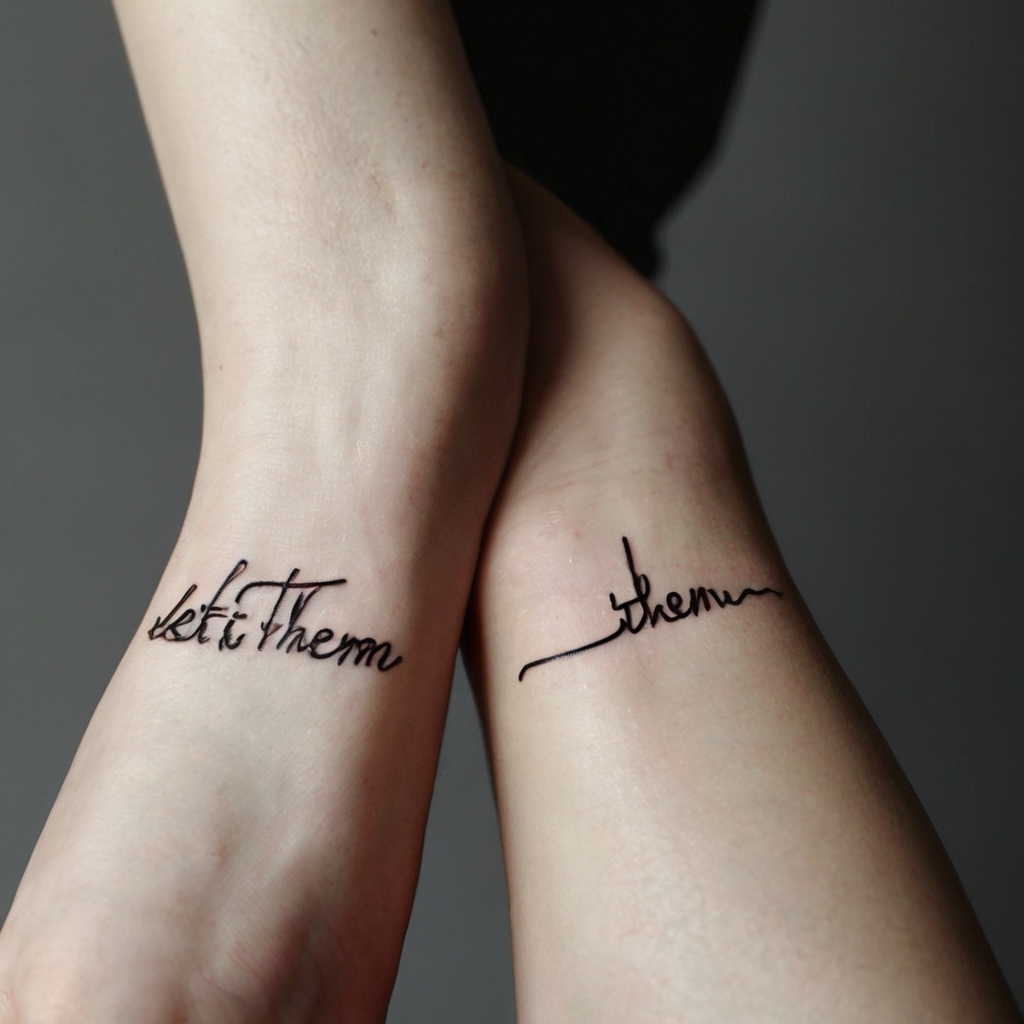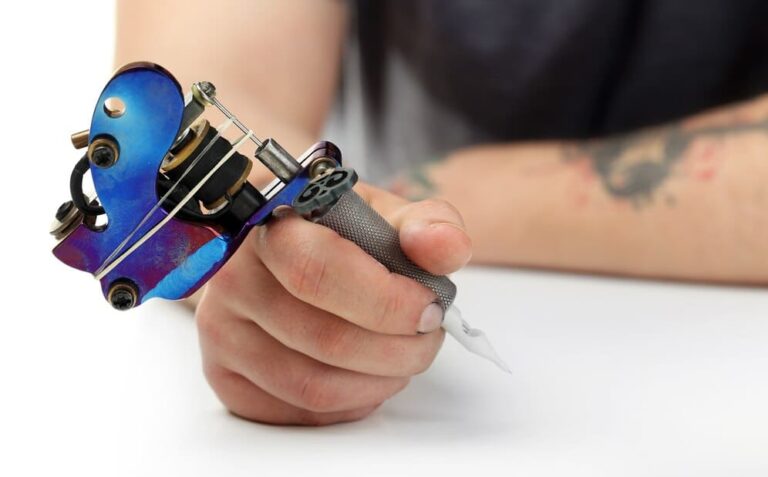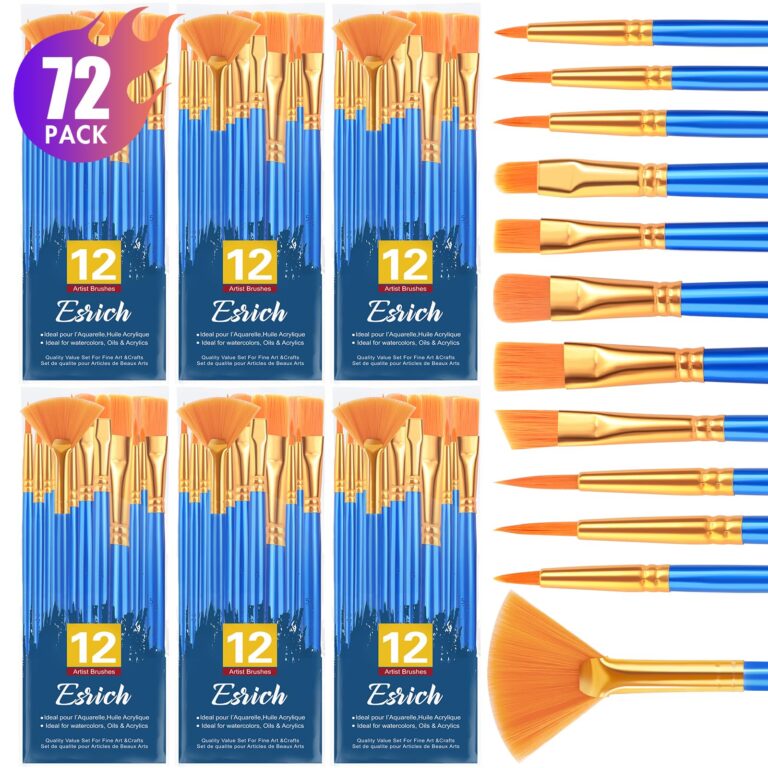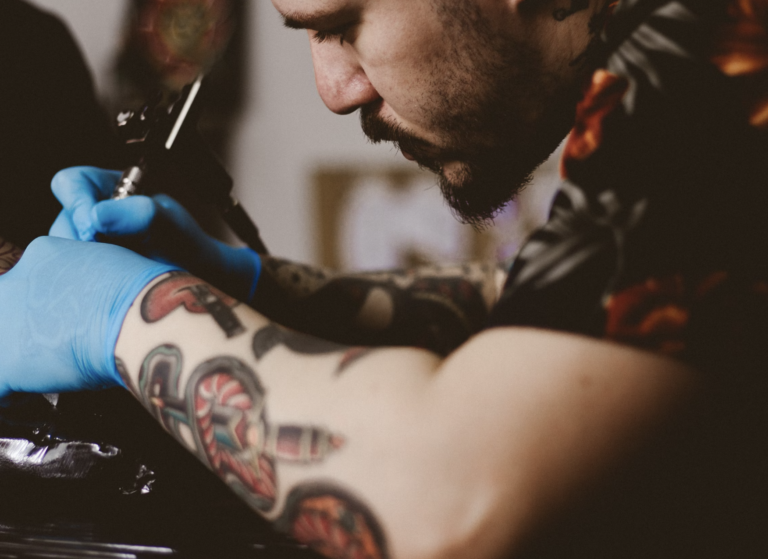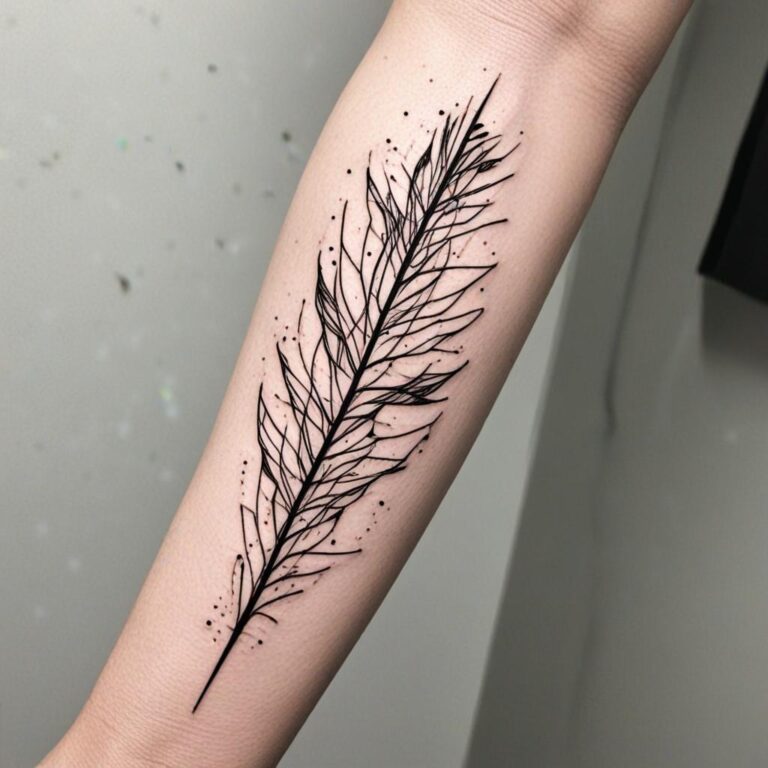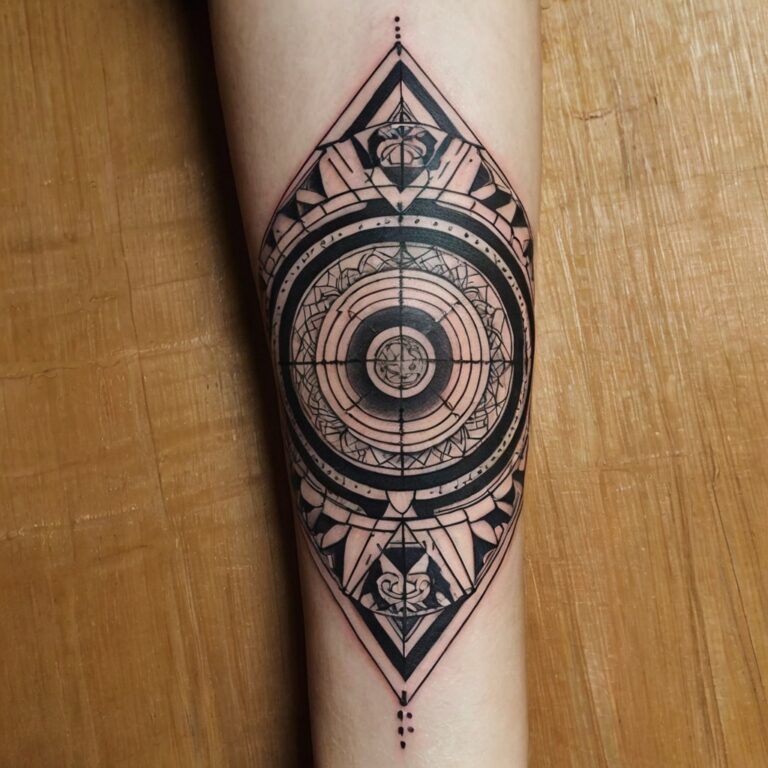In the world of self-expression, tattoos stand out as a powerful form of personal storytelling. Whether it’s a tribute to a loved one, a cherished memory, or a piece of art that resonates with you, tattoos allow you to wear your heart on your sleeve—literally. But beyond their aesthetic appeal, tattoos symbolize something deeper, a commitment to one’s choices and the stories they choose to tell.
The decision to get inked is intensely personal, yet it’s often met with skepticism and judgment. “Let them tattoo” isn’t just a call for acceptance; it’s a recognition of the individual’s right to control their own narrative. In embracing tattoos, we’re not just accepting ink on skin; we’re acknowledging the rich tapestry of personal experience and expression that each tattoo represents.
Key Takeaways
- Tattoos are a profound form of personal storytelling, offering a visual diary that commemorates milestones, honors loved ones, and symbolizes transformative periods.
- Overcoming stereotypes surrounding tattoos is essential for fostering acceptance, recognizing that tattoos represent personal stories and experiences, not unprofessionalism or risky behavior.
- Tattoos serve as acts of self-expression and empowerment, allowing individuals to control their narrative and proudly display their passions, beliefs, and life experiences.
- Accepting and celebrating the diversity in tattoo art encourages a more inclusive society, respecting the artistry and the individual stories that each tattoo represents.
- Embracing the individual’s right to choose their narrative through tattoos fosters a culture of acceptance, supporting autonomy and the unique ways people express their identity and experiences.
The Power of Tattoos as Personal Storytelling
In the canvas of human skin, tattoos stand as vibrant chronicles of life’s journey. Each inked design, whether bold or subtle, encapsulates a slice of the wearer’s story, emotions, and beliefs. You might view tattoos as mere body art, but delve deeper, and you’ll uncover a world of personal storytelling and memory preservation.
Tattoos serve as a visual diary. They can commemorate personal milestones, honor loved ones, or symbolize a transformative period in someone’s life. The decision to get tattooed often stems from a desire to etch a permanent reminder of these events onto the body, a reminder that’s both intimate and visible to the world.
Consider how a simple tattoo can embody complex narratives:
- Symbols of Survival: Many choose designs that signify their resilience against challenges, such as health scares or personal loss.
- Artistic Self-Expression: Tattoos can be a form of self-expression, showcasing one’s unique personality, interests, or aesthetic preferences.
- Cultural Heritage: For some, tattoos are a way to connect with and honor their cultural or familial heritage, integrating traditional symbols and patterns into their skin.
The choice of placement, color, and design are further layers to the story, adding depth to the personal significance of each tattoo. It’s a form of communication that goes beyond words, offering a glimpse into the wearer’s soul.
As tattoos carve out their space in mainstream culture, they challenge outdated stereotypes and encourage a more open, accepting view of personal expression. They remind us that everyone has a story worthy of respect and understanding, no matter how it’s told.
Breaking Stereotypes: Understanding the Misconceptions Surrounding Tattoos
In today’s evolving society, tattoos are gradually shedding their stigma, yet several misconceptions stubbornly persist. Understanding and countering these stereotypes is crucial for a more accepting and open-minded view of tattooed individuals.
Firstly, there’s a prevalent belief that tattoos are unprofessional or signal a lack of seriousness in the workplace. However, the reality couldn’t be further from the truth. Many professionals, from doctors to teachers, proudly sport tattoos. It’s becoming increasingly clear that a person’s work ethic and professionalism aren’t determined by their ink.
Another common misconception is that tattoos are tied to risky behavior or a certain lifestyle. This stereotype lacks an understanding of the diverse reasons people choose to get tattoos. They’re often deeply personal expressions of love, loss, triumph, or simply art for art’s sake. The variety of motives behind tattoos highlights the complexity and richness of human stories, rather than suggesting any negative behavior.
Moreover, some still view tattoos as a fad that people will regret later in life. This assumption underestimates the thought and significance behind most tattoos. Many individuals spend a great deal of time considering their designs, ensuring they carry a timeless meaning or memory.
- Professionalism isn’t measured by appearance.
- Tattoos often symbolize personal stories, not risky behavior.
- Tattoos are not just a fad but carry deep personal significance.
Acknowledging these facts helps dismantle outdated stereotypes and paves the way for a society that values personal expression and the diverse narratives tattoos bring to the surface.
Tattoos as Acts of Self-Expression and Empowerment
In a world where personal expression is often constrained by societal norms, tattoos stand out as a bold declaration of individuality. They’re more than just ink on skin; they’re a profound form of self-expression and empowerment. When you choose to get a tattoo, you’re not just making a fashion statement. You’re seizing control over your body’s narrative, telling your story on your terms.
Tattoos are a canvas for showcasing your passions, beliefs, and the milestones that have shaped who you are. They can symbolize resilience in the face of adversity, commemorate joyous occasions, or serve as a permanent reminder of where you’ve come from. The act of choosing a tattoo—its design, location, and even the pain endured during the process—is inherently empowering. It’s a decision that says, “This is who I am, and I’m proud of it.”
Moreover, tattoos can play a significant role in the journey of self-discovery and healing. Many find solace in tattoos that symbolize their recovery from illness or loss, turning their skin into a beautiful homage to their resilience. Others use tattoos as a way to reclaim their bodies after trauma, marking themselves with symbols of strength and renewal.
In an age where digital media often dictates how we should look, think, and act, tattoos offer a tangible and permanent counter-narrative. They remind us of the unique stories we carry and the unyielding strength that comes from authentically expressing who we are. Far from being mere adornments, tattoos are badges of honor, showcasing the battles fought, the love encountered, and the wisdom gained along life’s unpredictable journey.
As tattoos continue to surge in popularity, it’s clear they’re not a fleeting trend but a powerful tool for self-expression and empowerment. By embracing tattoos, you’re joining a centuries-old tradition of storytelling, personal reflection, and unabashed self-expression.
Overcoming Judgment: Accepting and Celebrating Diversity in Tattoo Art
Facing judgment for your tattoos is not unusual, but it’s worth remembering that each piece of ink tells a unique story. In a world that’s learning to embrace diversity, tattoos stand as vibrant testaments to individuality and personal growth. Your tattoo is not just a mark on your skin; it’s a declaration of your journey, beliefs, and the diverse beauty inherent in human expression.
As society progresses, the acceptance of tattoos in professional environments and among various age groups has seen a significant shift. Tattoos that were once considered taboo are now celebrated as forms of art that contribute to the tapestry of our diverse culture. This changing perception is crucial for fostering an environment where everyone feels free to express themselves authentically.
Tattoo artistry itself is a realm of boundless creativity, rooted in centuries-old traditions that span different cultures and continents. From the intricate patterns of Polynesian tribal tattoos to the bold Japanese irezumi, each style speaks to the rich historical and cultural heritage that tattoos carry. By exploring and appreciating these diverse art forms, you’re not just decorating your skin; you’re carrying forward a legacy of human creativity and resilience.
Engaging with the stories behind tattoos can also be a powerful mechanism for empathy and understanding. It’s easy to pass judgment based on appearance, but taking the time to learn about the meaning and story behind someone’s tattoo can break down barriers and stereotypes. Not only does this enrich your view of the world, but it also reinforces the idea that our differences are what make us interesting and beautiful.
Remember, the journey toward universal acceptance of tattoos and the celebration of diversity within tattoo culture is ongoing. By championing the stories, art, and individuals behind each tattoo, you contribute to a more inclusive and understanding world. Encourage conversations, share your own experiences, and listen to the tales etched in the skin of others.
Letting Go of Control: Embracing the Individual’s Right to Choose Their Narrative
Choosing to get a tattoo is an exercise in autonomy. It’s about embracing your right to control your narrative and express yourself in a way that’s unique to you. In a world where societal norms often dictate who you should be, what you should look like, and how you should act, tattoos stand out as a bold declaration of individuality.
Tattoos are more than just ink on skin; they’re a form of self-expression that transcends language and culture. By deciding on a tattoo, you’re making a choice about how you want to be seen and understood. It’s a permanent mark of your journey, beliefs, and the transformations you’ve undergone. This act of self-definition is a powerful statement of autonomy.
Yet, the decision to get inked can sometimes come with judgment from others. It’s essential to recognize that the choice to get a tattoo is deeply personal. Society’s perceptions are ever-evolving, and the stigmatization surrounding tattoos is gradually diminishing. Today, tattoos are seen as a form of art and self-expression that should be respected and valued.
Embracing the individual’s right to choose their narrative means fostering a culture of acceptance. When you respect others’ choices to express themselves through tattoos, you contribute to a more open, inclusive society. It encourages a dialogue about identity, experiences, and the human condition—themes that tattoos often explore.
Tattoos are a testament to the resilience, creativity, and diversity of the human spirit. They remind us that there’s beauty in the stories we choose to tell on our own terms. By supporting the right to self-expression, you champion the myriad ways people choose to share their stories, whether through art, words, or the indelible ink of a tattoo.
Conclusion
Tattoos are more than just ink on skin; they’re a testament to the resilience, creativity, and diversity of the human spirit. By embracing tattoos, you’re not only acknowledging the beauty in the stories we choose to tell but also fostering a culture of acceptance and respect. Remember, supporting the right to self-expression through tattoos is about championing the myriad ways people share their narratives. It’s about understanding that each tattoo has a story, a purpose, and a meaning deeply personal to the individual. So, let’s celebrate the art, the individuals, and the stories behind each tattoo. After all, in doing so, we contribute to a more open, inclusive, and understanding world where everyone’s narrative is valued and respected.
Frequently Asked Questions
What are the main reasons people get tattoos?
Tattoos are a form of self-expression, commemorating personal milestones, honoring loved ones, and symbolizing transformative periods. They also offer a way to showcase one’s unique personality, interests, or aesthetic preferences, and can connect individuals to their cultural or familial heritage.
How do tattoos serve as a form of storytelling?
Tattoos act as a visual diary, capturing and commemorating significant personal stories, milestones, and memories. They allow individuals to narrate their life experiences, embodying personal significance, resilience, recovery, and strength through their choice of placement, color, and design.
Are tattoos considered unprofessional or linked to risky behavior?
The perception of tattoos has evolved. While they were once misconceived as unprofessional or tied to risky behavior, changing societal norms now celebrate tattoos as meaningful art forms. Tattoos often carry deep personal significance, unrelated to professional aptitude or behavior.
How can tattoos contribute to self-discovery and healing?
Tattoos can symbolize self-discovery and healing, representing personal battles, resilience, and recovery. They enable individuals to embody their journey, showcasing their strength and the transformative periods of their life, acting as empowering tools for self-expression.
What role do tattoos play in cultural and individual identity?
Tattoos can serve as a unique expression of cultural or familial heritage, connecting individuals to their roots. They allow for the exploration of identity, transcending language and culture to present one’s story and personality authentically, fostering a deeper understanding of individual and collective identity.
How has the perception of tattoos changed in society?
The societal outlook on tattoos has significantly shifted, with an increasing recognition of tattoos as legitimate art forms that contribute to cultural diversity. This change encourages a more inclusive and understanding approach towards the individuals and stories behind each tattoo, reducing stigmas and promoting acceptance.
Why is it important to support the right to self-expression through tattoos?
Supporting the right to self-expression through tattoos champions individual autonomy and the diversity of human experiences. It fosters a culture of acceptance and respect for personal narratives, helping to create a more open, inclusive society that values the resilience, creativity, and diversity of the human spirit.

